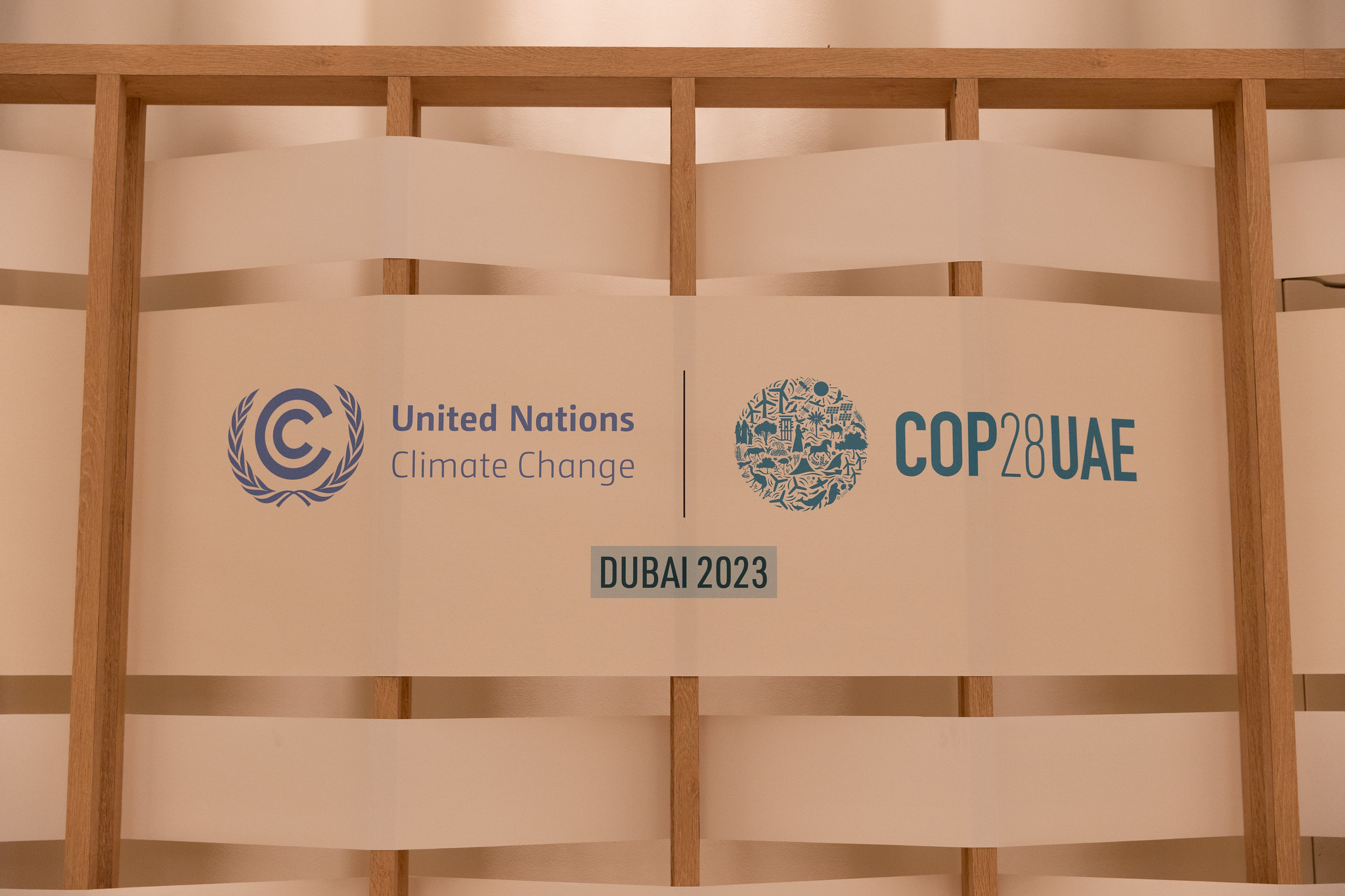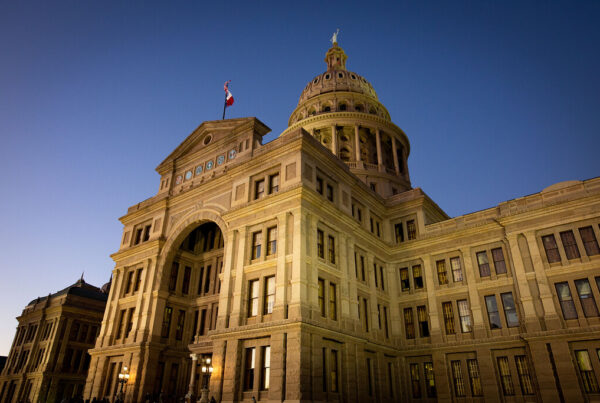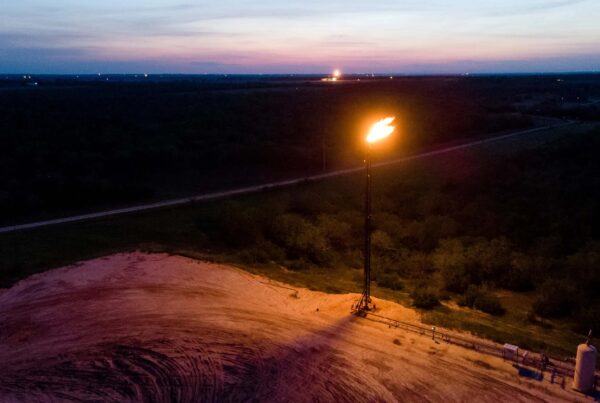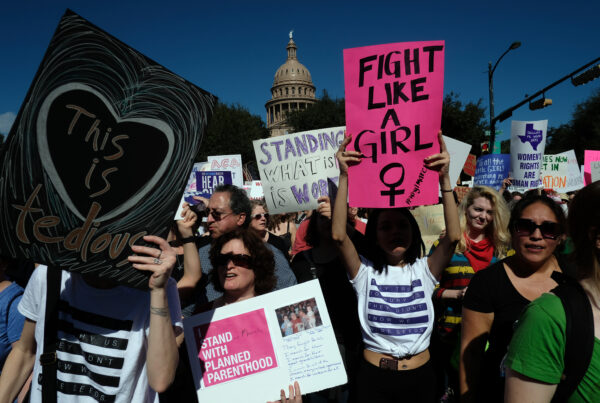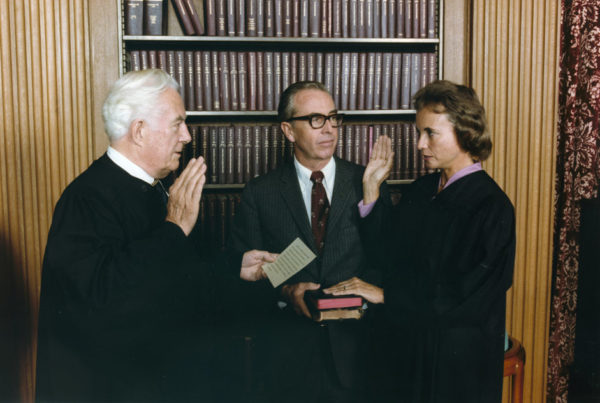The 2023 United Nations Climate Change Conference – also known as COP28 – is well underway. World leaders are meeting in Dubai until Dec. 12 to discuss climate change and potential solutions.
But the conference hasn’t been without controversy – not least because of the choice of host country, and comments from the event’s president about climate science.
Matt Smith, energy analyst for Kpler, joined the Standard for an update on the COP28 conference so far.
This transcript has been edited lightly for clarity:
Texas Standard: First of all, tell us a little bit more about what COP28 is and why folks are paying so much attention to it. What can we perhaps expect as a result from it?
Matt Smith: It’s actually the 28th annual United Nations Climate meeting, hence the 28 – COP28 – there. And it’s basically where governments come together to discuss and make commitments about climate change. So there’s about 200 governments that have been invited to come to the conference.
And why we should pay attention to it and what we should expect is further commitments to limit global temperatures from rising. And so focus will be on a couple of key things, including a commitment to pivot to clean energy sources of renewable energy, but also a focus on transferring investments from richer countries to poorer countries to essentially sponsor the efforts for climate change.
I mentioned that this is not been without controversy, and one of the first reasons, of course, is the location. What’s the backstory there?
There’s a few reasons, really, not the least being the fact that the UAE is one of the leading oil producers in the world. It’s in the top 10 and only behind the likes of the U.S., Russia and Saudi and a few others.
Not only that, but the Emiratis have also negotiated a high oil production level starting next year because of investments they’ve made. So last week we heard that Opec+ has just initiated a new round of voluntary cuts in the last week. And UAE is going to be trying to keep its production up or push it higher.
So not only that, but the president of COP28 climate talks is the CEO of the state-owned oil company. In his defense though – his name’s Mr. Ahmed Al Jaber – he’s the country’s climate envoy and the chairman of the government-owned renewable energy company, which he helped set up. But from looking from the outside in, it does look as if he has distinctly polarized loyalties. Right?
» GET MORE NEWS FROM AROUND THE STATE: Sign up for Texas Standard’s weekly newsletters
Well, I was just reading some comments that The Guardian published over the weekend. Apparently, he was quoted as saying in that report that there is “no science” behind calls for a phase-out of fossil fuels. Now, that’s set off quite a few alarm bells among people who see this as the last best opportunity to do something about climate change and and reduce the reliance on fossil fuels.
Yeah, and that’s exactly that kind of conflict of interest that seems to be in place there. That said, though, there has been a pledge over the weekend by oil and gas companies essentially relating to getting to net zero target, so essentially offsetting all of their carbon emissions.
And so you’ve got a total of about 50 companies that represent 40% of global oil production that have signed this charter, basically. And so it does involve a number of state-controlled entities, but also the supermajors and also Occidental from the U.S. here, as well as Exxon.
So there is that, but also from the oil and gas side of things, perhaps what is just as important is there’s been a commitment to increased transparency for measuring and monitoring and the reporting of emissions. And so you do need this increasing scrutinization of oil and gas companies and the industry as a whole here.
Earlier in our program, we were talking about a new methane emission rule from the Biden administration. Is that coming out as a result of this COP28 conference? And have you heard about other commitments made by the U.S.?
Yeah, absolutely. U.S. officials unveiled new rules at the conference over the weekend aimed on cracking down on methane emissions. So Vice President Kamala Harris and the EPA spoke about their renewed efforts to cut these emissions. As you know, banning routine flaring of natural gas as well produced from newly drilled oil wells.
John Kerry, who’s the U.S. special envoy for climate, has announced that the U.S. is committing to not build any more new coal plants and phase out existing ones. But again, there’s been no specific timeline given to these been taken offline. So, you know, the waters have been muddied somewhat there.


